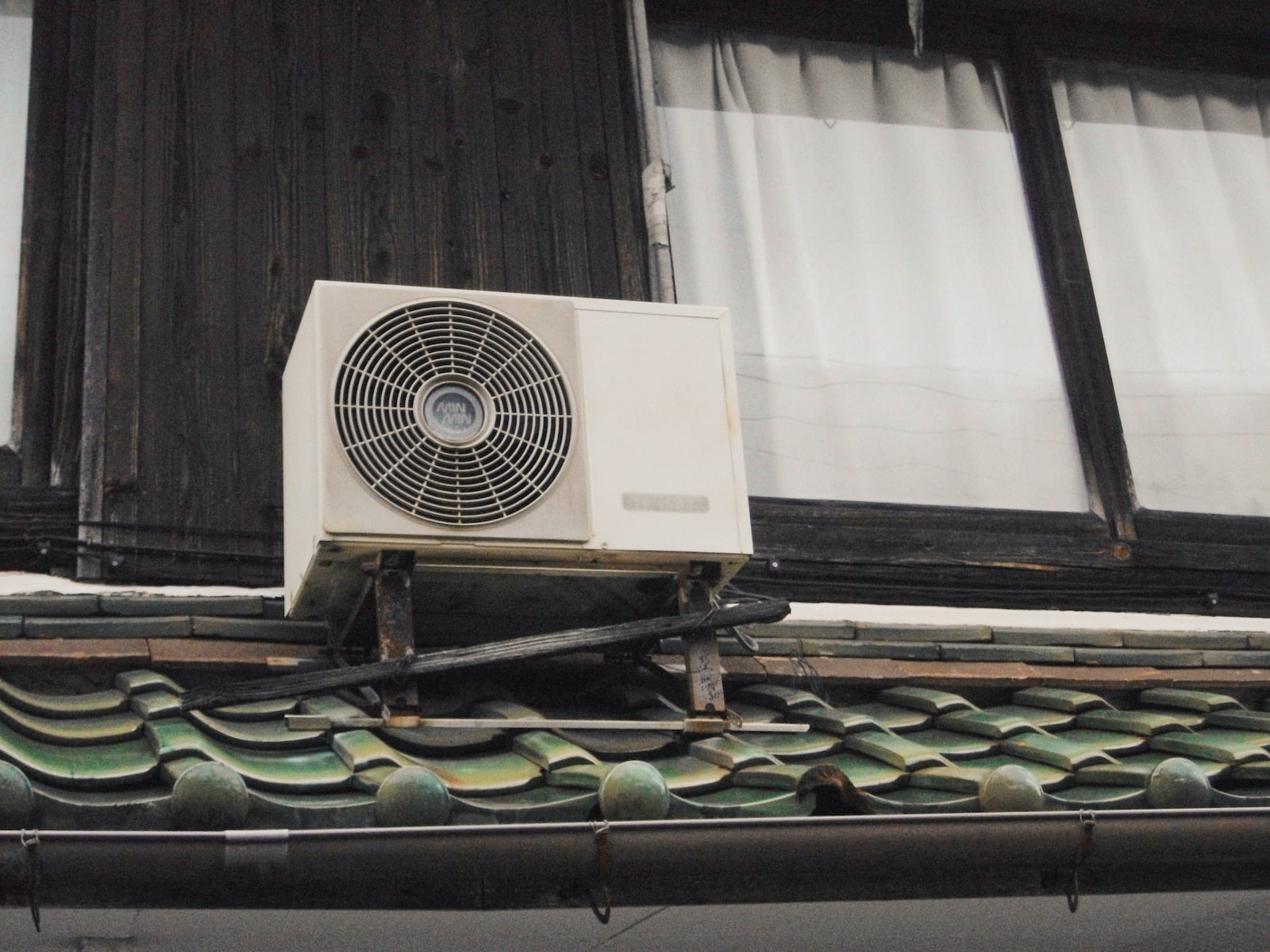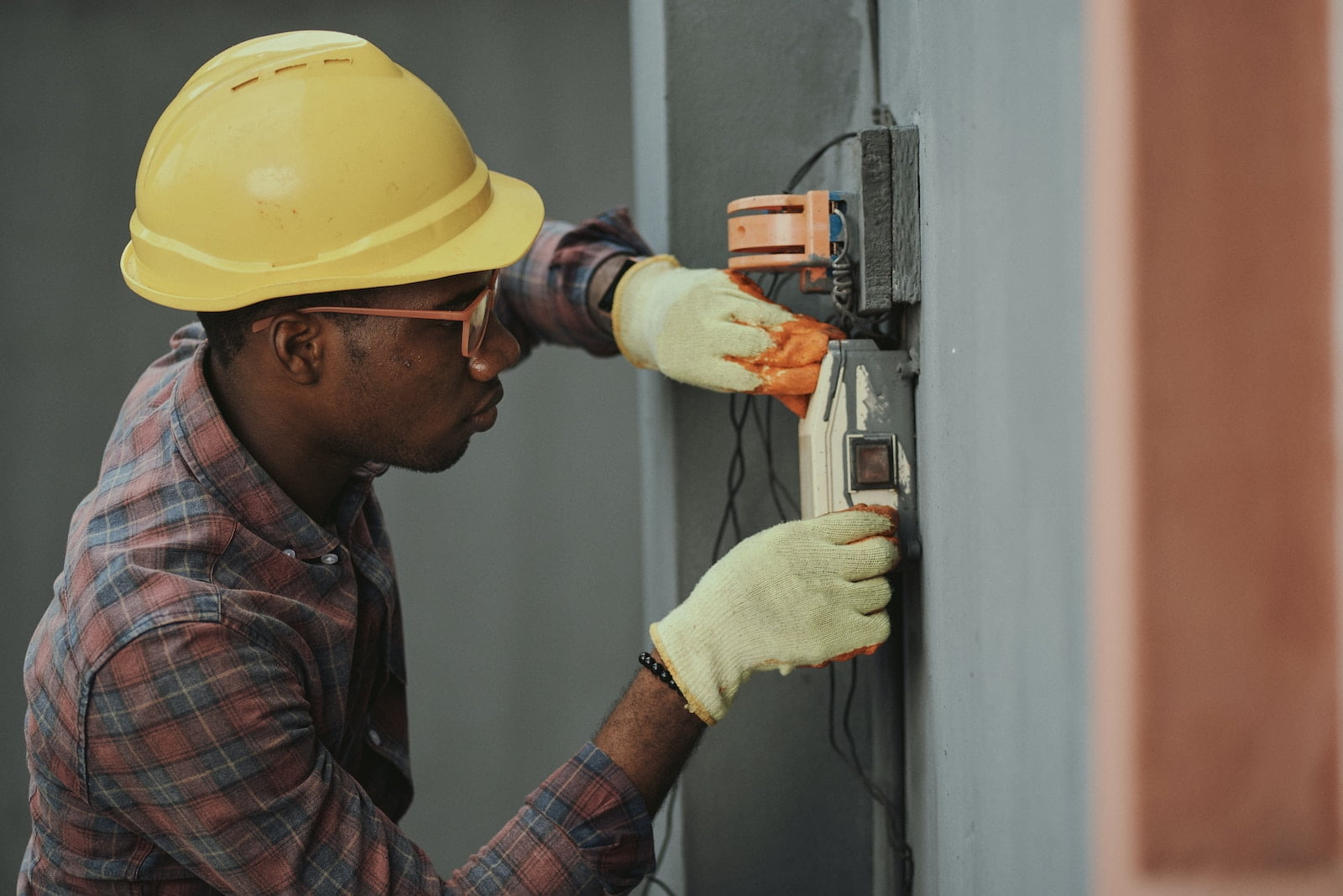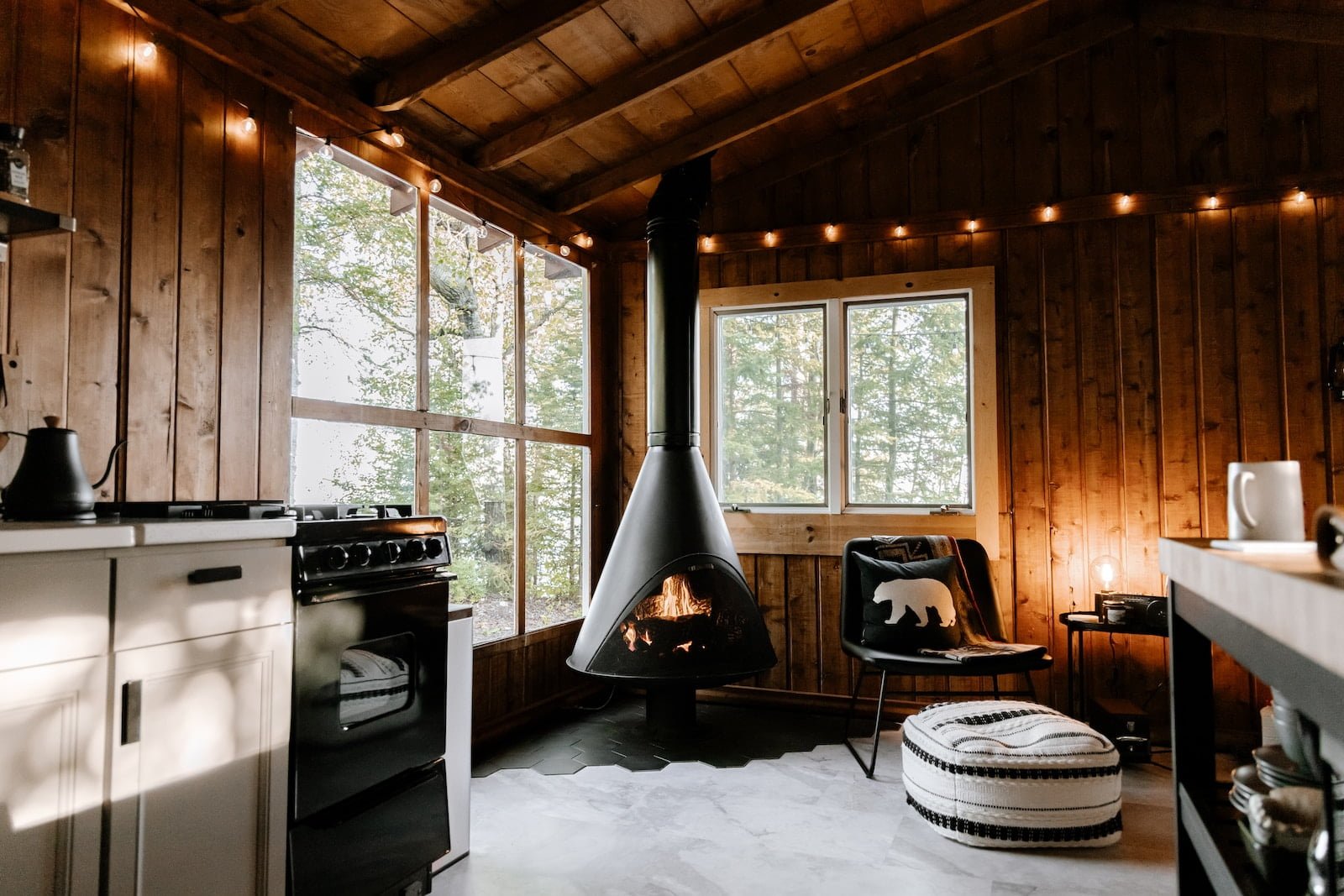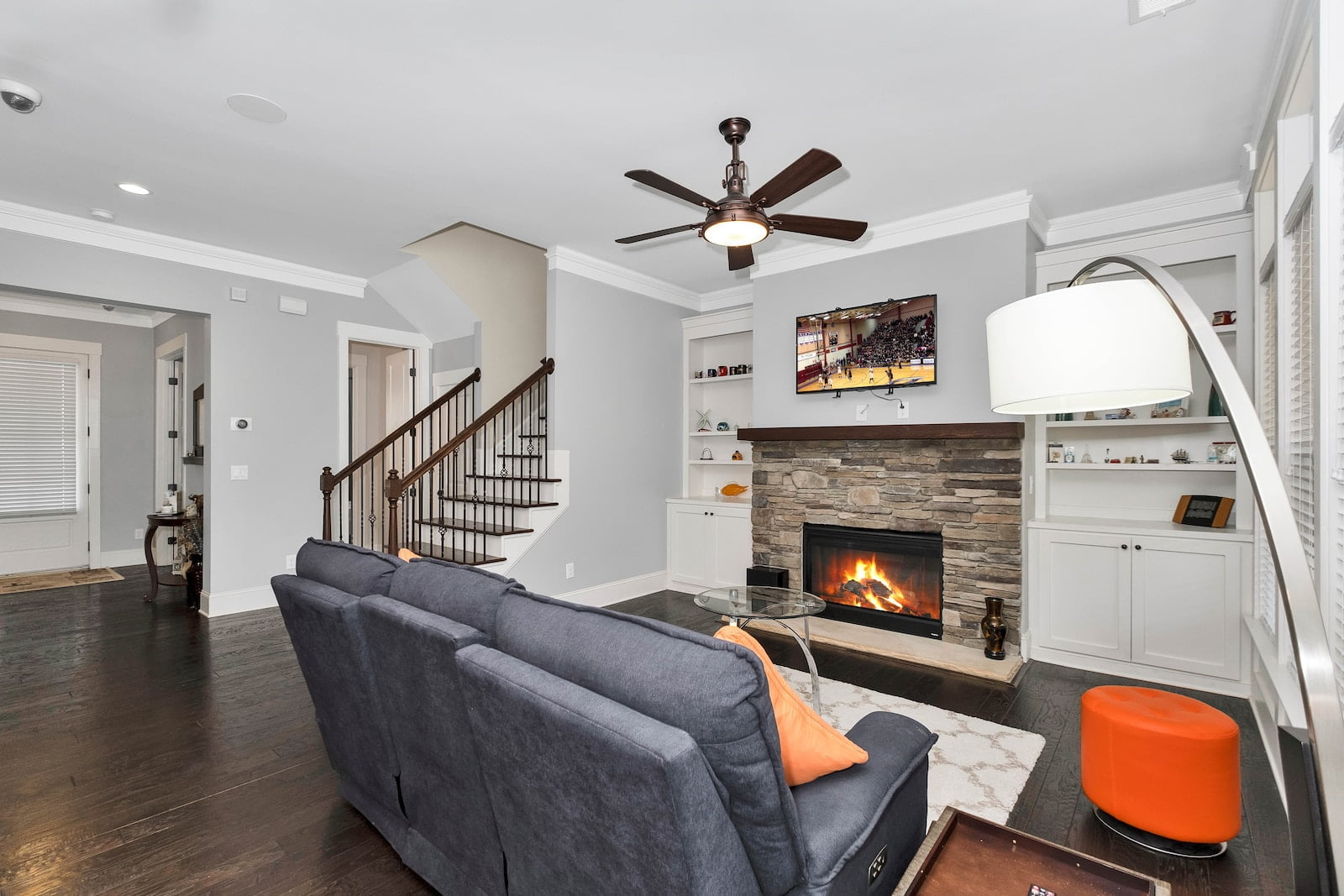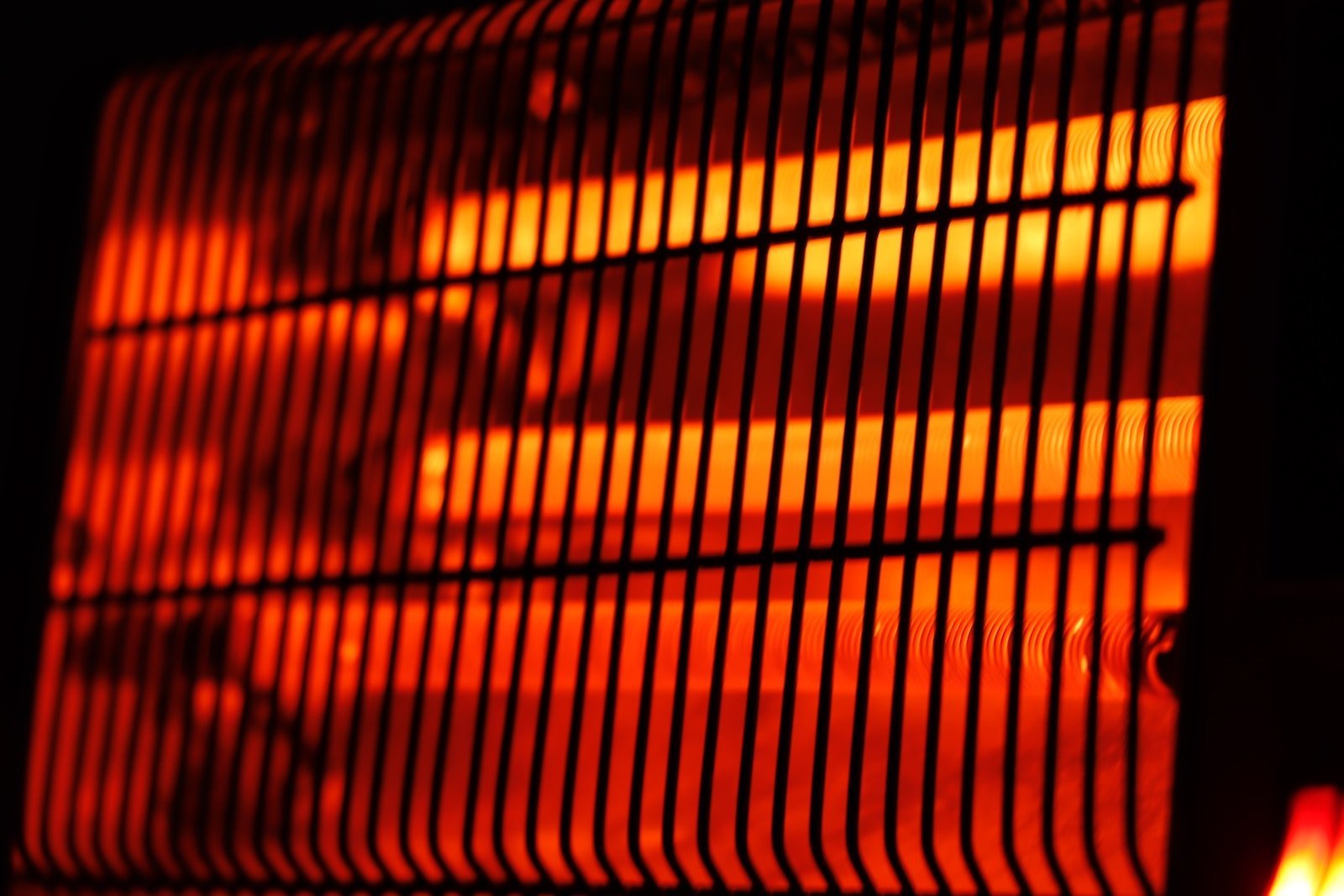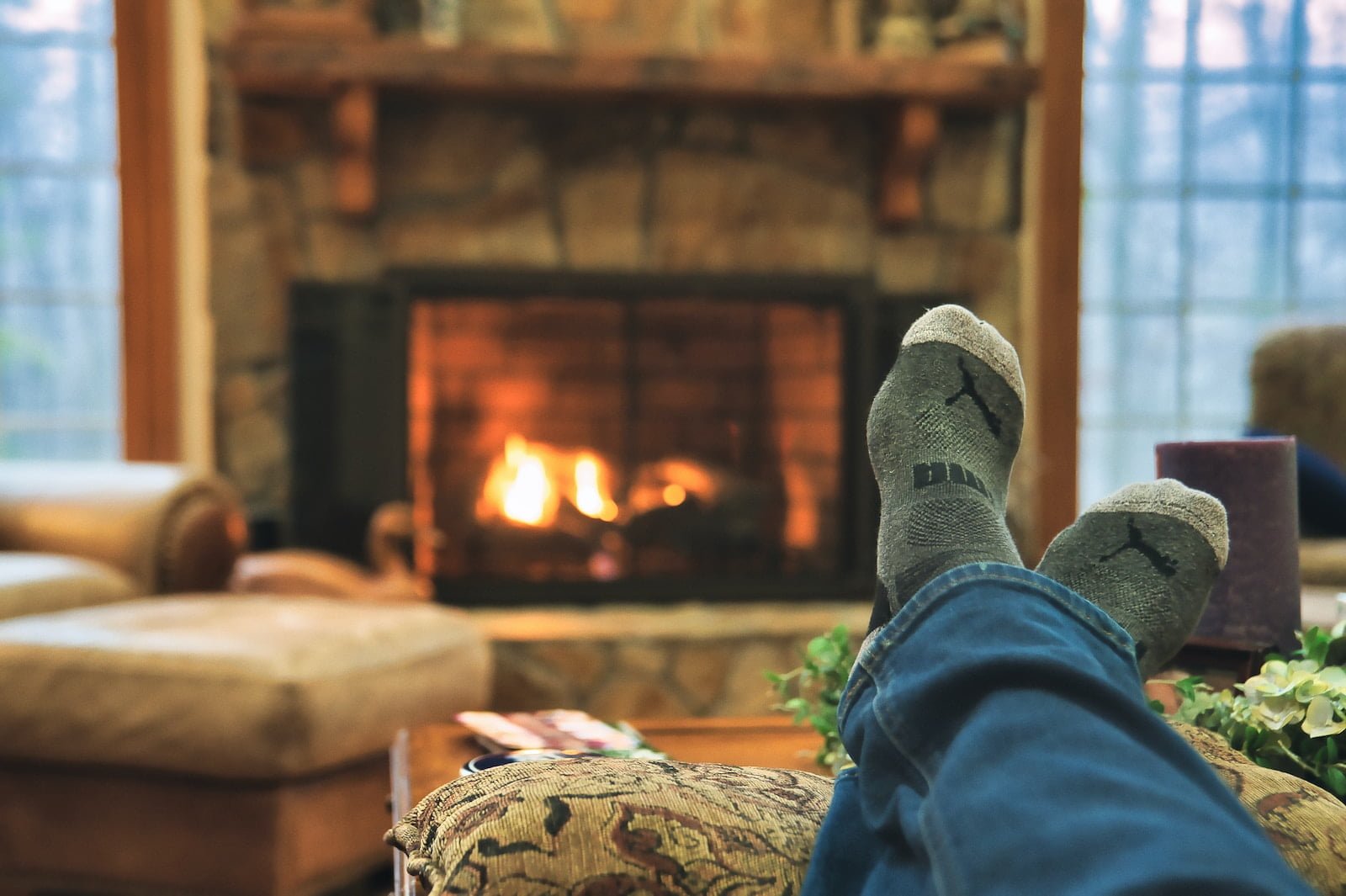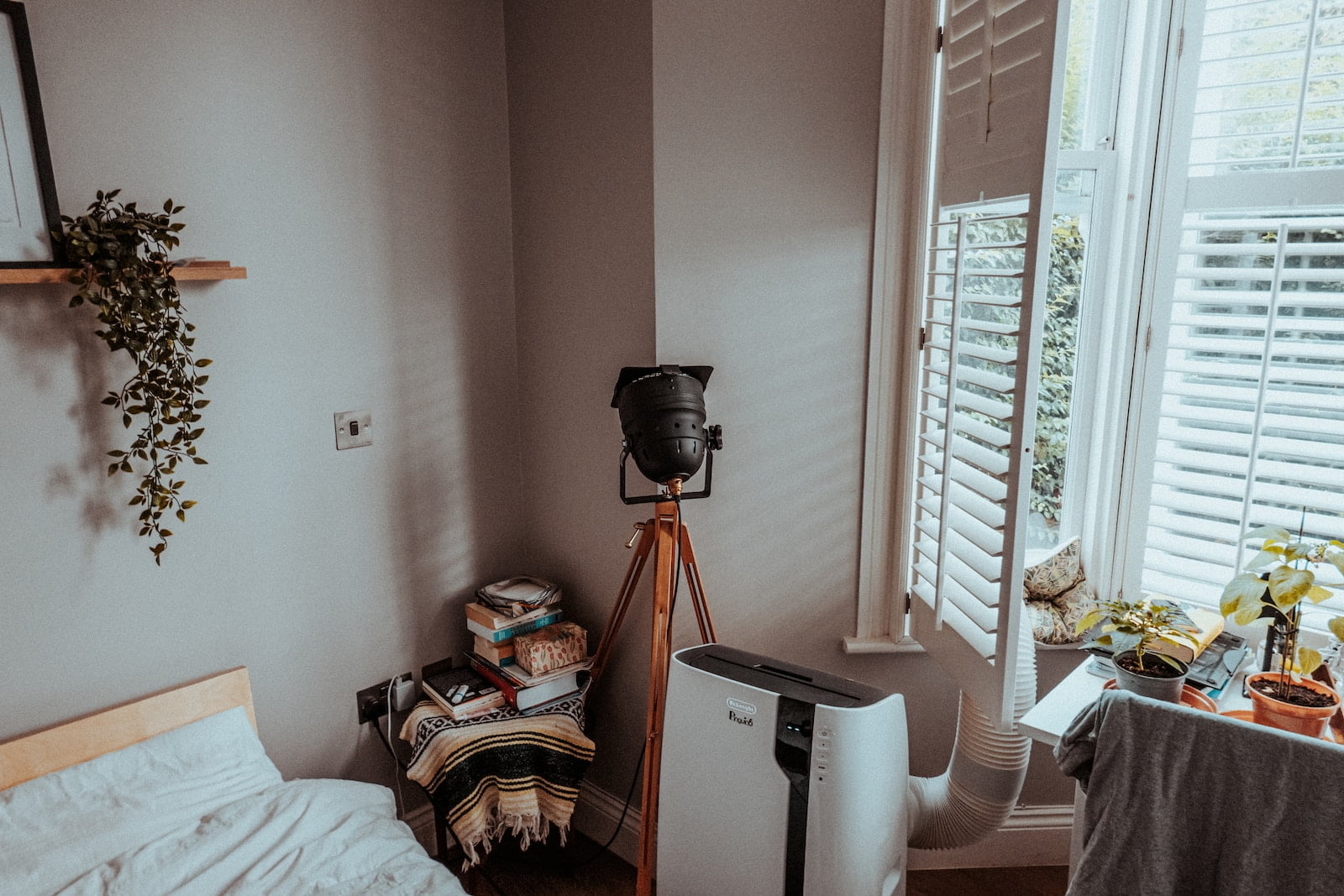What to Do When Your Air Conditioner is Leaking?
Every problem has its own set of consequences, and it is important to understand them before trying to find a solution. The same is true for the problem at hand, which needs to be addressed before it causes any further damage. The problem we are discussing here is significant and can have severe consequences if not dealt with properly. In this article, we will explore the issue and its potential outcomes in detail.
It is essential to understand the root cause of the problem and its impact before taking any corrective measures. This article aims to provide a comprehensive explanation of the issue and its potential consequences. We will also discuss the various factors that contribute to the problem and how they can be addressed.
By the end of this article, readers will have a clear understanding of the problem and its potential consequences. They will also have a better idea of how to tackle the issue effectively. So, let’s dive into the details and explore this problem together.
Identify the source of the leak: Tips on how to identify the cause of the leak
Once you have noticed a leak, the next step is to identify the source of the problem. This can be a daunting task, especially if you don’t have any experience in plumbing. However, there are a few tips that can help you identify the cause of the leak.
First, check the area around the leak to see if there are any visible signs of damage. Look for cracks, holes, or other signs of wear and tear that could be causing the leak. If you don’t see any visible damage, try to trace the source of the water back to its origin. This may involve crawling under your house or inspecting your walls and ceilings.
Another tip is to turn off the water supply to your home and see if the leak stops. If it does, then you know that the problem is somewhere in your plumbing system. If the leak continues, then it may be caused by a roof or foundation issue.
Remember, identifying the source of a leak can be a time-consuming process, but it’s important to address the problem as soon as possible to prevent further damage to your home. If you’re not comfortable doing it yourself, don’t hesitate to call a professional plumber to help you out.
DIY solutions: Simple steps to fix the leak on your own
If you’re experiencing a leak in your home, don’t panic. There are several DIY solutions that you can try before calling a professional. The first step is to identify the source of the leak. Look for any visible signs of water damage, such as stains on the ceiling or walls. If you can’t find the source of the leak, try turning off the water supply to your home and see if the leak stops. This will help you determine if the leak is coming from a pipe or a fixture.
Once you’ve identified the source of the leak, you can start fixing it. If the leak is coming from a pipe, you can try using a pipe repair clamp or epoxy putty to seal the leak. If the leak is coming from a fixture, such as a faucet or showerhead, you may need to replace the gasket or washer inside the fixture. You can find replacement parts at your local hardware store or online.
Before attempting any DIY repairs, make sure you have the necessary tools and materials. This may include a wrench, pliers, pipe cutter, Teflon tape, and a replacement gasket or washer. Follow the manufacturer’s instructions carefully and take your time to ensure that the repair is done properly. If you’re not comfortable with DIY repairs or if the leak is too severe, don’t hesitate to call a professional plumber.
Seeking Professional Help When DIY Solutions Fail
If you’ve exhausted all your DIY options and still can’t seem to solve your problem, it’s time to seek professional help. But where do you start? First, determine what kind of professional service you need. Do you need a plumber, electrician, or a handyman? Once you’ve identified the type of service, ask friends and family for recommendations. Word-of-mouth referrals are often the best way to find reliable professionals.
Another option is to search online for local professionals. Be sure to read reviews and check their credentials before hiring them. Look for professionals who are licensed, insured, and have a good reputation in the industry. Don’t be afraid to ask for references and check them before making a final decision.
When you’ve found a professional, be clear about your expectations and the scope of the work. Ask for a written estimate and a timeline for completion. Make sure you understand the payment terms and any guarantees or warranties offered.
Remember, seeking professional help can save you time, money, and frustration in the long run. Don’t hesitate to reach out for help when you need it.
Preventive Measures
Now that you’ve fixed your air conditioner leak, it’s time to take some preventive measures to ensure that it doesn’t happen again. Here are some suggestions:
Firstly, make sure to schedule regular maintenance checks with a professional HVAC technician. They can inspect your unit for any potential leaks or damage and fix them before they become bigger issues.
Secondly, keep your air conditioner clean and clear of any debris. Dirt and dust can accumulate on the coils and cause them to freeze, leading to leaks. Regularly clean or replace your air filters to prevent this from happening.
Thirdly, monitor your air conditioner’s performance and look out for any signs of leaks, such as water puddles or strange noises. Catching leaks early can prevent them from causing extensive damage to your unit.
Lastly, consider investing in a leak detector or water alarm. These devices can alert you to any leaks or water buildup before they cause significant damage.
By following these preventive measures, you can maintain your air conditioner and prevent future leaks from occurring. Remember, a little bit of maintenance can go a long way in extending the lifespan of your unit and saving you money in the long run.
